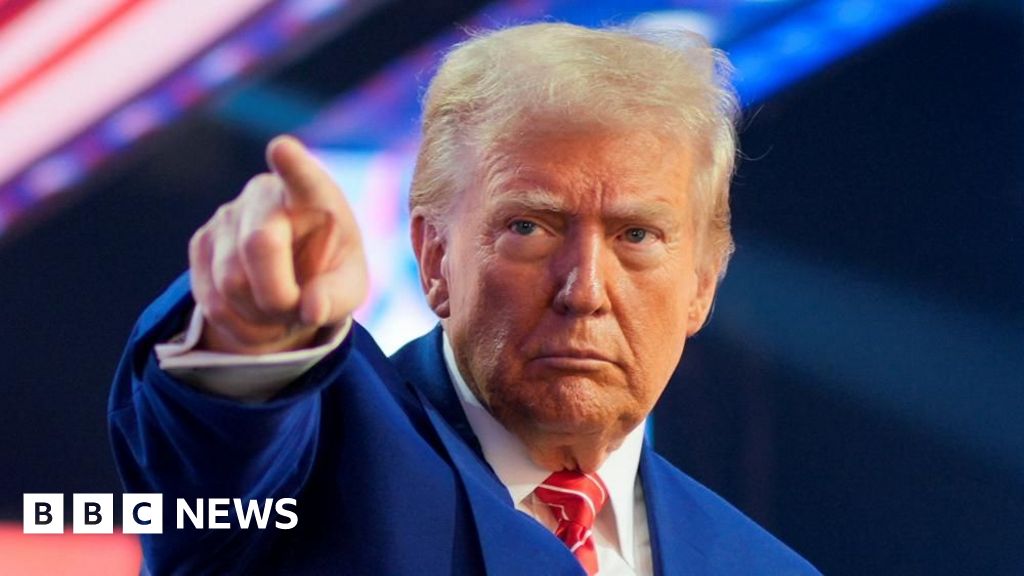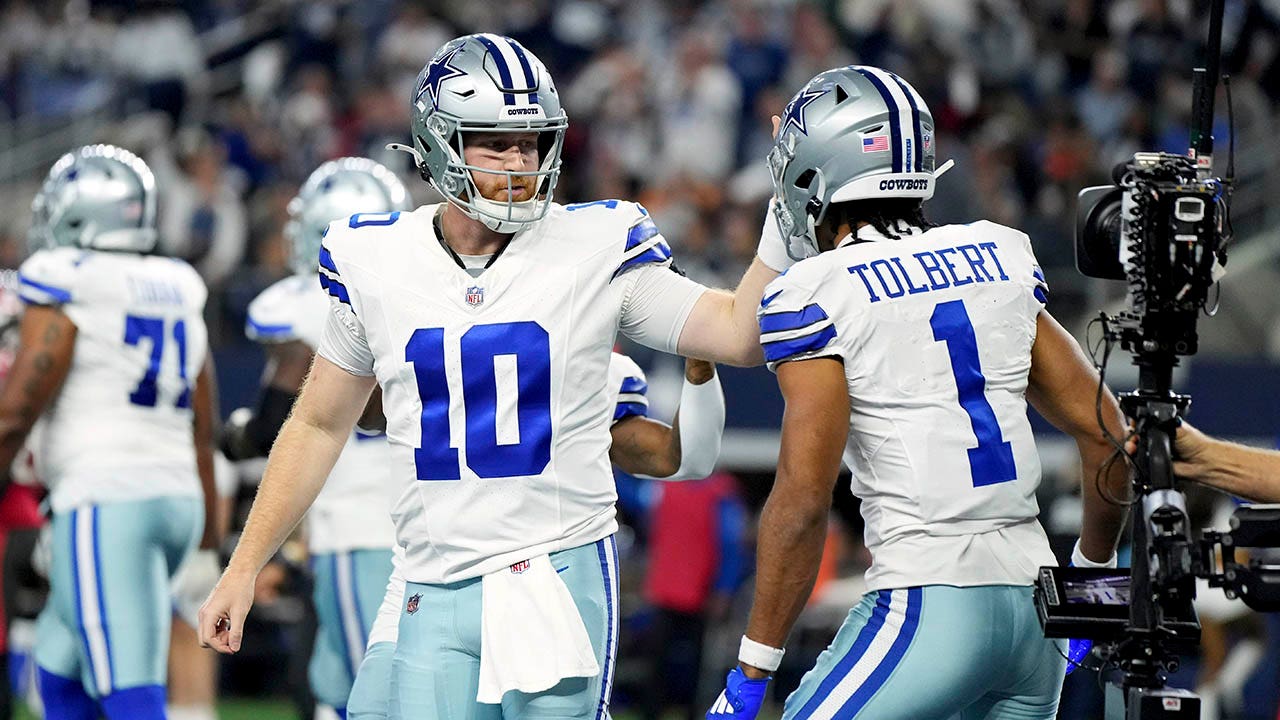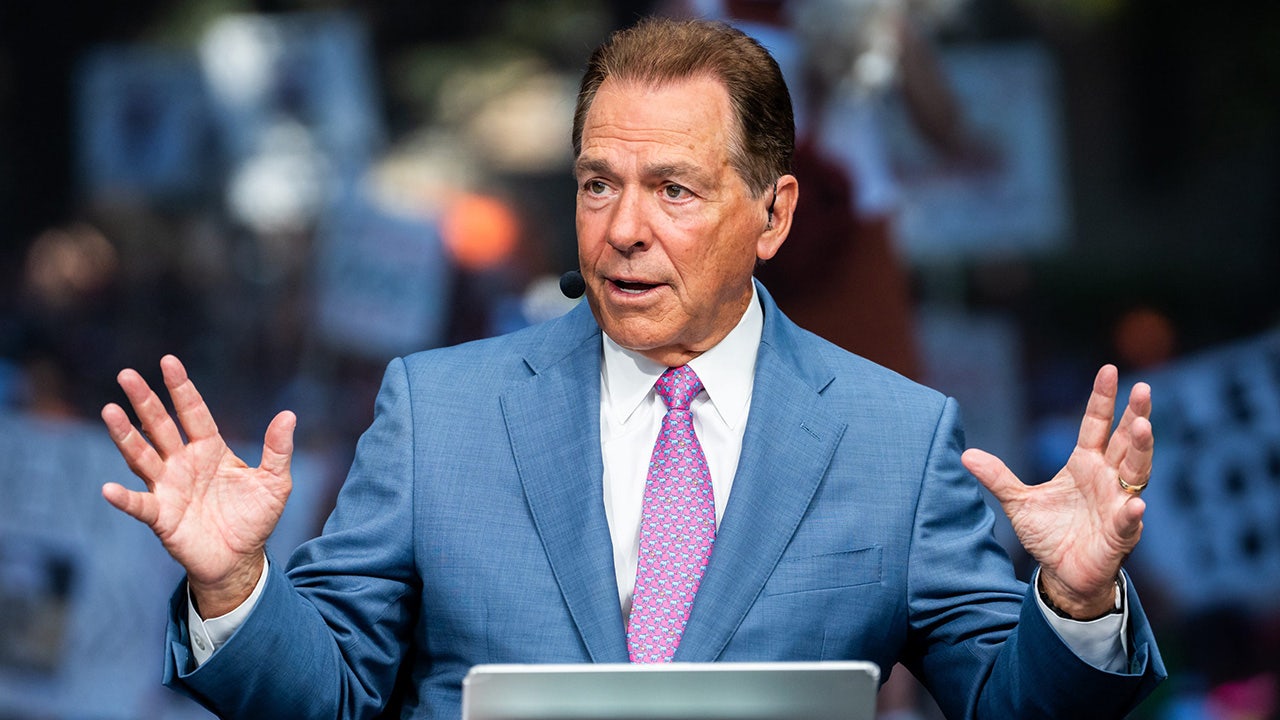But so far, that strategy does not seem have worked. House Speaker Kevin McCarthy (R-Calif.) released a plan on Wednesday that his caucus broadly backed, and GOP leaders hope to pass it in the House next week. There’s little indication yet that Republicans will break off and agree to lift the debt ceiling without conditions, as Biden insists. And attempts by the administration to enlist corporate executives to build pressure haven’t yielded much either, at least not yet.
Instead, many GOP lawmakers appear to be prepared to allow the nation to default without major spending cuts and policy changes — setting up what appears to be a choice between two outcomes that White House officials consider unacceptable.
“At this point, there is no indication whatsoever that moderate Republicans would agree to lift the debt limit with no reforms from the administration,” said Brian Riedl, a policy analyst at the Manhattan Institute, a center-right think tank. “I don’t see that happening. They would be crucified within their own caucus.”
Inside the White House, the GOP’s hardening position on the debt limit has been met with anger and frustration. Biden aides adamantly reject the idea they should agree to anything resembling the spending cuts and policy changes that McCarthy has put forward — both because they oppose the substance of the ideas and because they do not want to reward the GOP for what they regard as its efforts to take the U.S. economy hostage. Biden aides are further frustrated by claims that the GOP has a popular mandate behind it, since Republicans failed to retake the Senate and only captured the House by a handful of seats.
One person familiar with the White House’s thinking, speaking on the condition of anonymity to describe internal deliberations, emphasized that House Republicans would be forced to go on record supporting McCarthy’s bill, which would impose new work requirements, reduce the number of Internal Revenue Service agents and block Biden’s move to cut student debt — measures the administration believes will prove highly unpopular with the American public.
Biden has welcomed the possibility of negotiations with McCarthy on government spending levels — talks that could resolve the debt ceiling debate while allowing the administration to claim it is not negotiating over the nation’s spending limit. The person familiar with the White House’s thinking said “they are going to have to start having conversations on budget and spending, as the president has all along.” The president told congressional Democrats earlier this week that the administration is ready for a separate negotiation with Republicans over the budget, according to a White House statement.
“Let’s be clear about the Speaker’s position: unless the President and the Senate agree to their entire reckless agenda, they are going to crash the economy. That’s not just unreasonable — it’s dangerous,” White House spokesman Michael Kikukawa said in a statement. “The President has been clear: we must avoid default — that’s nonnegotiable — but he will gladly have a separate conversation about the budget with congressional leaders.
If Congress doesn’t increase the limit on how much the Treasury Department can borrow, the federal government will not have enough money to pay all its obligations by as early as June. Such a breach of the debt ceiling — the legal limit on borrowing — would represent an unprecedented breakdown, which economists believe could spark a global financial panic and lead to a recession in the United States.
White House aides have held numerous internal strategy meetings that have explored the potential downsides of trying to lift the debt ceiling unilaterally, without Congress, according to three people familiar with the matter, who spoke on the condition of anonymity to describe private deliberations. Many economists believe such any such move could lead to a permanent increase in U.S. borrowing costs, because investors would demand higher interest rates for buying U.S. bonds of legally dubious status.
Democratic officials have cited as a hopeful precedent the dynamics of past debt ceiling fights, in which pressure from business executives forced the GOP to lift the limit.
“If we do actually start to get close to the drop dead date, and you can’t pay the bills, I’m sure we’ll see a reaction in financial markets and people will put pressure on Republicans for trying to wreck the economy,” said Dean Baker, a White House ally and economist at the Center for Economic Policy Research, a left-leaning think tank. “If we get to that point, you’ll see them backing down.”
And yet, with as few as six weeks to go, little evidence has materialized to suggest that will happen. Financial markets have thus far shrugged off the debt ceiling drama, with almost no discernible movement even in the price of U.S. Treasury bonds. The relative calm in markets has, in turn, relieved pressure on lawmakers to act — which could increase the odds Congress fails to lift the debt limit in time.
“I don’t think lawmakers act until they get calls from investors and others in the business community saying: ‘What are you doing?’ But we’re not hearing those voices yet, because they think lawmakers have always done the right thing and acted just in time,” said Mark Zandi, chief economist of Moody’s Analytics. “It’s a very dangerous drama playing out here.”
The administration’s attempts to enlist the support of business executives may also prove unsuccessful. White House Chief of Staff Jeff Zients has personally asked top business leaders to advocate for a solution to the debt ceiling debate, according to two people familiar with the matter, who also spoke on the condition of anonymity to discuss private remarks. But corporate America doesn’t have as much clout with the GOP as it did in the Obama years, and it’s not clear such measures will be effective with the House conservatives who nearly derailed McCarthy’s leadership bid earlier this year.
“What are we going to do, call them and say, ‘Hey, the debt limit is important?’ They know it’s important,” said one business executive who had been asked by administration officials to press the GOP on the matter, speaking on the condition of anonymity to reflect private conversations.
White House aides may have less time than they anticipated. An economic slowdown could lead to less revenue coming into the Treasury Department, which would hasten the deadline. While acknowledging the data was preliminary, Goldman Sachs analysts said earlier this week that “weak” tax collections in April suggested that the debt limit could be reached in the first half of June, earlier than initially forecast.
The war of words between the Democratic president and the Republican speaker of the House has become increasingly pitched — and occasionally petty.
On Wednesday, McCarthy said Biden is “giving America’s debt the Southern border treatment — ignore it and hope it goes away.” For his part, Biden is increasingly accusing McCarthy of being reckless with the credit of the United States, beholden to MAGA extremists and misleading Americans about his plan. Last month, McCarthy offered to bring “soft food” to a meeting with Biden at the White House to entice him into a confab about the debt ceiling, an apparent dig at the 80-year-old president’s age.
On Wednesday, it took Biden all of 72 seconds to get through introductory remarks before dinging McCarthy.
“I’m here in this union hall with you when, just two days ago, the speaker of the House, Kevin McCarthy, went to Wall Street to describe the MAGA economic vision for America,” he said, the first of five times that he’d mention McCarthy by name.
Some Democrats say House Republicans face even more political backlash in a debt ceiling breach than Biden, arguing the president is right to hammer the GOP over its proposed spending cuts. Traditionally, Democratic candidates have had low approval ratings on the economy, but a GOP-caused default could give them an opening to change that, said Celinda Lake, a pollster who worked for Biden in 2020.
“We have a huge advantage in selling this contrast,” Lake said. “If Republicans get blamed for shutting down the economy, that will change the dynamics.”
But other Biden allies point out that the economic devastation from a default could persist into next year, affecting the 2024 presidential election. Presidential approval ratings tend to be closely tied to economic performance, and the long-feared recession could materialize if the U.S. government suddenly can’t pay its bills.
“The two endpoints on the spectrum of outcomes — the full GOP policy wish list on the one hand, or a catastrophic default on the other — are both totally unacceptable to them,” said one person in communication with senior White House officials, who spoke on the condition of anonymity to frankly describe private conversations. “But no progress has been made on making sure there’s a resolution that’s between those two options.”
Cleve R. Wootson Jr. contributed to this report.
























1734954217-0/T-Edit-article-images-(1)1734954217-0.jpg)






















